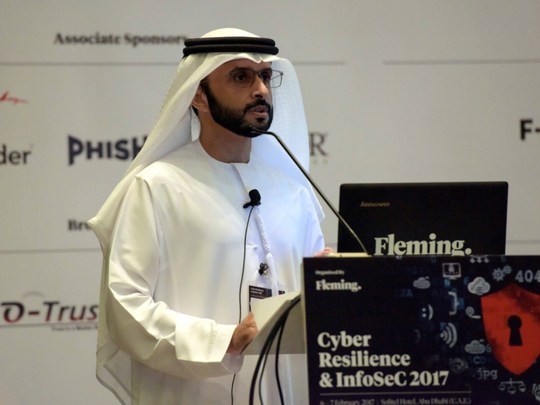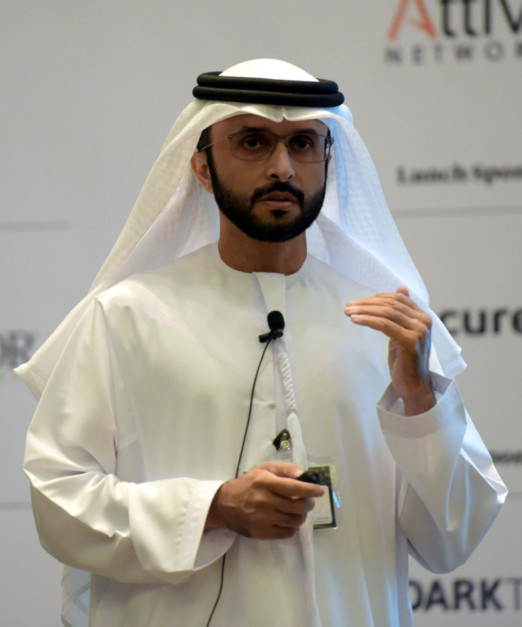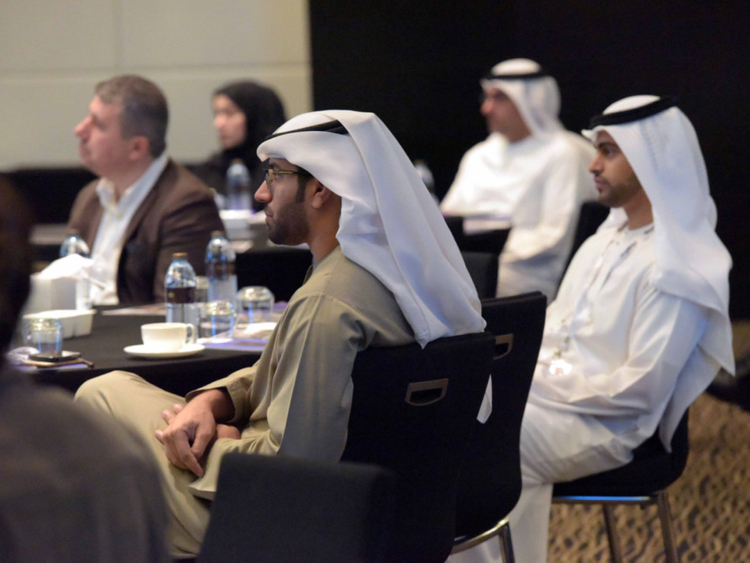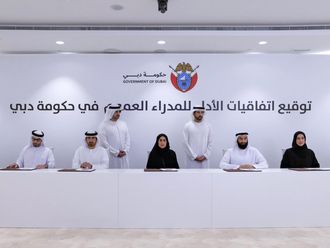
Abu Dhabi: Dubai’s move towards establishing itself as the smartest city is well on course with 100 smart initiatives and 1,000 smart services to be completed this year, said an official at a conference in the capital on Tuesday.
Mattar Al Humairi, assistant chief executive officer of smart infrastructure sector, was speaking on the second day of the Cyber Resilience and InfoSec Conference. The two-day conference saw several company and information technology executives come together to discuss the latest trends in cyber security and how companies and organisations can protect their privacy and data information from being accessed by cyber criminals.
The Smart Dubai initiative was launched in 2014 by His Highness Shaikh Mohammad Bin Rashid Al Maktoum, Vice-President and Prime Minister of the UAE and Ruler of Dubai, with a vision of transforming Dubai into the most efficient and safe city by 2017.
“Our vision under Smart Dubai is to make Dubai the happiest city on earth, and we want to achieve that through innovation and technology to make Dubai the most efficient, seamless, safe, and impactful experience for both its residents and visitors,” Al Humairi said.
“Shaikh Mohammad has said that if a government does not innovate, it will stagnate, and this is a very important message. If we look at the top 500 companies in the world we see that the list is always changing because if companies don’t innovate, they will not make the list,” he added.
Al Humairi said Smart Dubai’s goals of completing 100 smart initiatives and 1,000 smart services would be carried out by the end of the year.
“As part of our strategy map, we have a target of launching and making sure that 100 initiatives and 1,000 smart services are started and completed this year. Achieving this goal will be a very big milestone for us, and in terms of the official numbers that we have completed, those numbers will be announced at a later date,” he said.
Among the initiatives that have already successfully launched was the happiness meter, a tool to determine and gauge residents’ happiness levels in Dubai.
“We believe that if we don’t count or measure the satisfaction [levels] of the people, then we cannot improve,” Al Humairi said. “So we wanted to create a simple process and tool for the people to use to give us their voice — either they are happy or not — and we introduced this across government centres.
“In 2016, we reached a 90 per cent happiness level on the index, and the total number of votes that were collected was six million. This is a very important tool for us and it is already distributed among 38 government entities, 410 services centres, 145 websites, and more than 500 digital services,” he added.
Al Humairi also said the financial aspects of moving towards smart services are very positive for Dubai in terms of its cost-effectiveness.
“For every one dirham we spend, we save five dirhams, and so this is a positive contribution,” he said. “The journey for the smart city does not have a finish line and we are always working and learning to achieve the goal,” he added.














